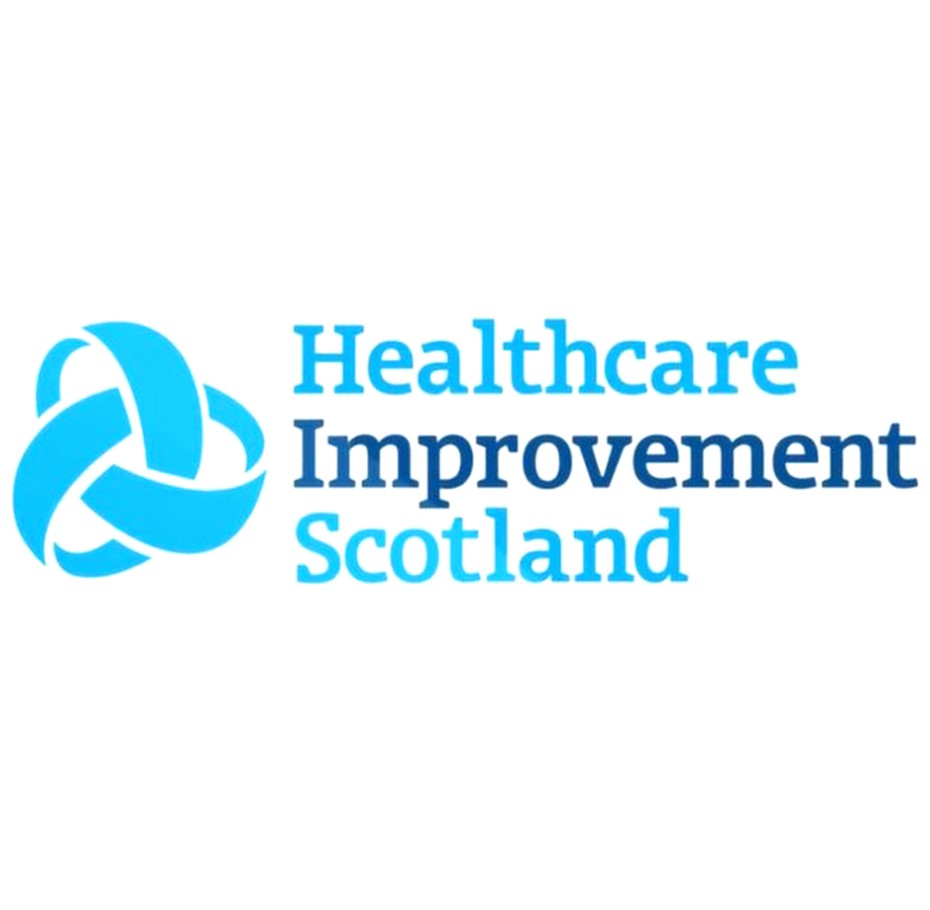Atropine sulfate 1% w/v eye drops used in the mouth for excess saliva - patient information leaflet

Introduction
Patient information leaflet
Atropine sulfate 1% w/v eye drops used in the mouth for excess saliva.
Name of the medicine:Atropine sulfate 1% w/v eye drops available as a 10 ml bottle, or single dose container called MINIMS® each containing 0.5 ml of solution. The information given in this leaflet should be read along with any patient information leaflet provided by the manufacturer with your medicine. Click Search Results - (emc) (medicines.org.uk) the bottle or Minims Atropine Sulphate 1%, Eye drops solution - Patient Information Leaflet (PIL) - (emc) (medicines.org.uk) for MINIMS® |
What is it for?Atropine sulfate belongs to a group of medicines called “anti-cholinergics”. These medicines help to reduce saliva production and prevent the formation of secretions that can cause problems in your respiratory tract. Your respiratory tract is the part of your body involved with breathing. The secretions can build up if you are unable to clear your throat and can cause noisy breathing which can be distressing. Atropine 1% eye drops dropped under your tongue are quickly absorbed into the bloodstream. This is useful when you are unable to swallow or when it is not possible to give a suitable medicine another way e.g. by injection. Most medicines available in the UK have a licence. The licence describes the conditions the medicine can be used to treat, and how the medicine can be given. The manufacturer of the medicine has to show that the medicine is safe and made to a high standard before the medicine is licenced. The use of atropine 1% eye drops for respiratory secretions is outside its licence. Medicines used in palliative care are quite often used this way. There is experience and research to support the use of atropine 1% eye drops in this way. The person who prescribed your medicine will have carefully considered the benefits for you. The information in this leaflet is not included in the information leaflet supplied with the medicine. We are giving you this extra leaflet to tell you about the reason(s) why you are taking this medicine and to highlight other information. You should read both leaflets. |
What form(s) of this medicine are there and how is it usually taken?Atropine 1% eye drops are applied under your tongue. Your mouth should be moistened with water before gently applying the drops. The usual starting dose is ONE to TWO DROPS every 4 hours as needed, up to a maximum of four doses a day. Allow one drop to form by pointing the bottle down – do not shake the bottle.
*Image provided by wikiHow, a wiki building the world's largest, highest quality how-to manual. Content on wikiHow can be shared under a Creative Commons License. |
|
What are the most common side effects I might experience? Atropine sulfate can also dry up other bodily secretions. You may experience a dry mouth or dry and gritty eyes. Other side effects may include blurred vision, confusion, agitation, dizziness, excessive drowsiness or difficulty in passing urine. |
What other information should I know about this medicine?Atropine sulfate will help to prevent the formation of respiratory secretions but will not have any effect on secretions which have already formed. Each 0.5 ml MINIMS single dose container may be used for up to 7 days after opening. The 10 ml bottle should be safely disposed of 28 days after opening. If the Atropine drops are accidentally applied to your eyes, you should get medical advice. Please remember to order your repeat prescription with a few days spare, to allow it to be processed. It is important not to order more medication than you need. Even if you return them to the pharmacy in future, they cannot be reused after they have been labelled for your use and must be disposed of. Your medication needs to be kept in a safe place out of the reach of children. It is important to store your medication in the original container. Return ALL unused medication to a pharmacy. If for any reason a you or your carer are UNABLE to go to the pharmacy, medication can be disposed of at home. However, it is important NOT to flush it down the toilet as this pollutes the water. Medication can be disposed of in a general waste bin, ensuring that cannot be accessed by children or animals, although disposal at a pharmacy is preferable. |
Any other important information?In addition to medicines, changing how you are sitting or lying down can sometimes help with managing excess saliva. To prevent having an uncomfortable dry mouth, regular mouth care should be part of your daily routine. You should clean your teeth at least twice a day. Regular sips or sprays of water or artificial saliva preparations can be used. Lips should also be moistened. Dry eyes may be relieved by using lubricating eye drops, ointment or gels. Please ask your pharmacist for advice. |
